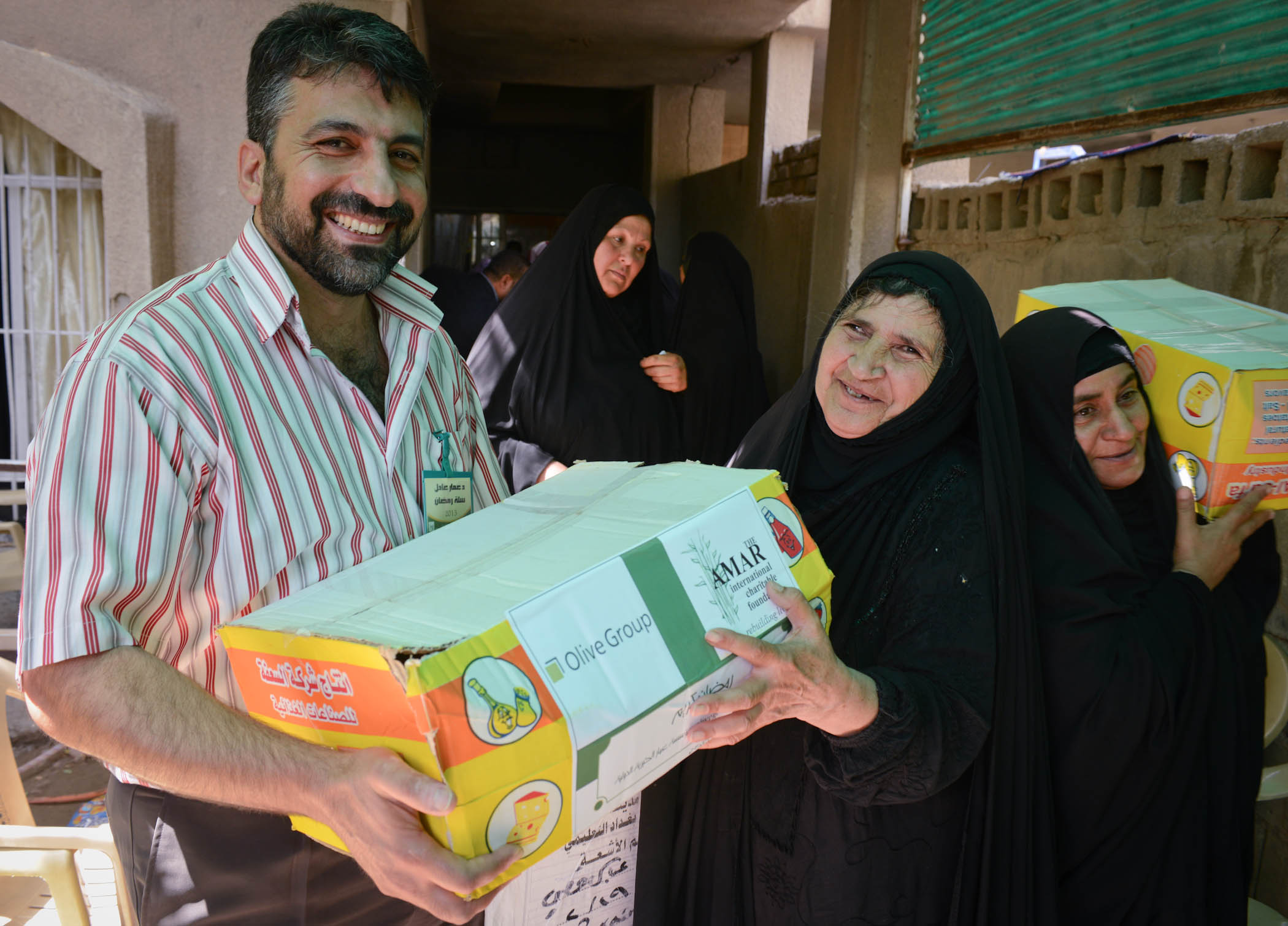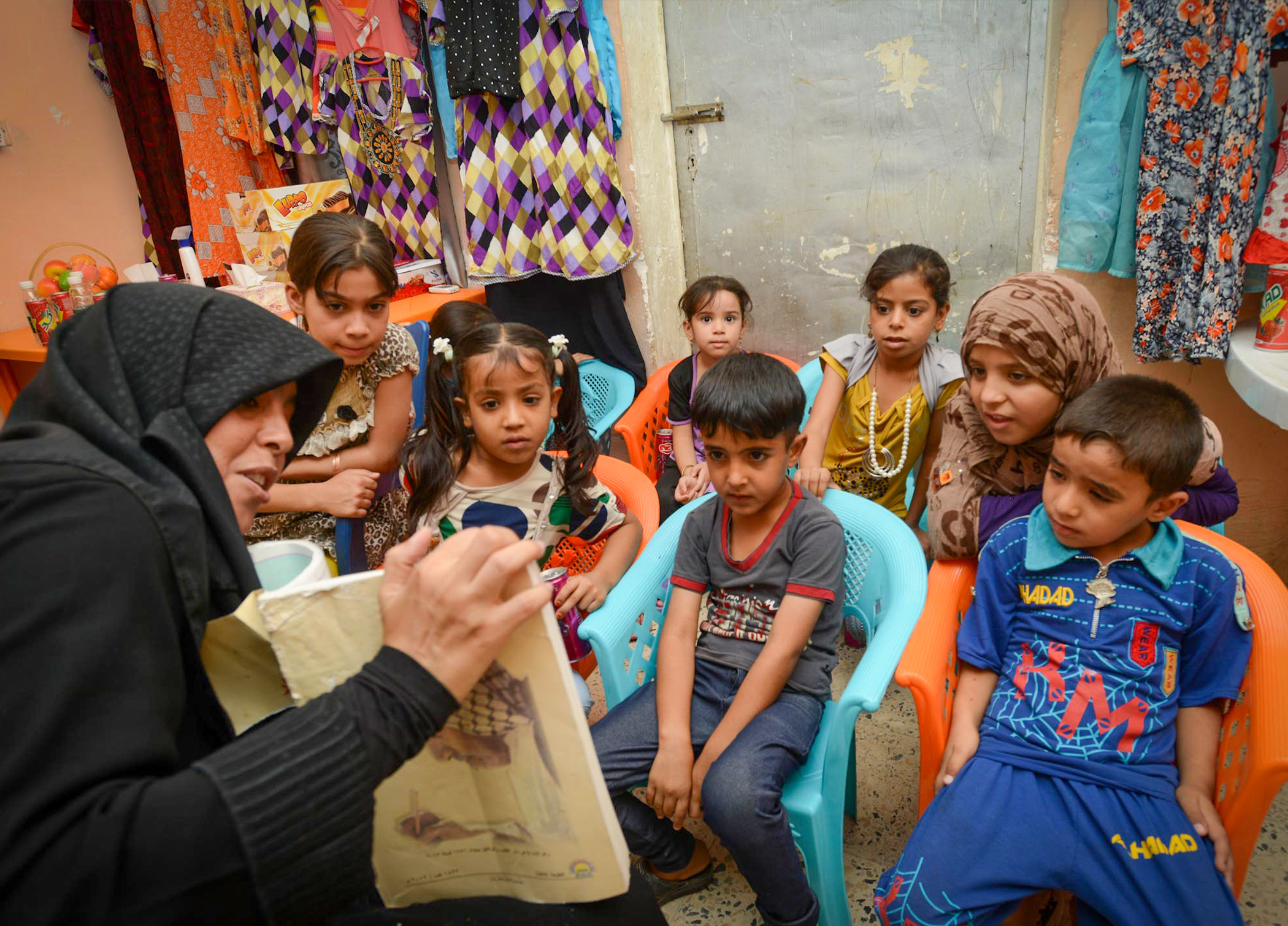Support AMAR's Emergency Aid work
AMAR Teams Are On The Frontlines Delivering Emergency Services To Refugees, Internally Displaced People And Other Underserved Populations Suffering From The Often Devastating Effects Of Human-made And Natural Humanitarian Disasters.
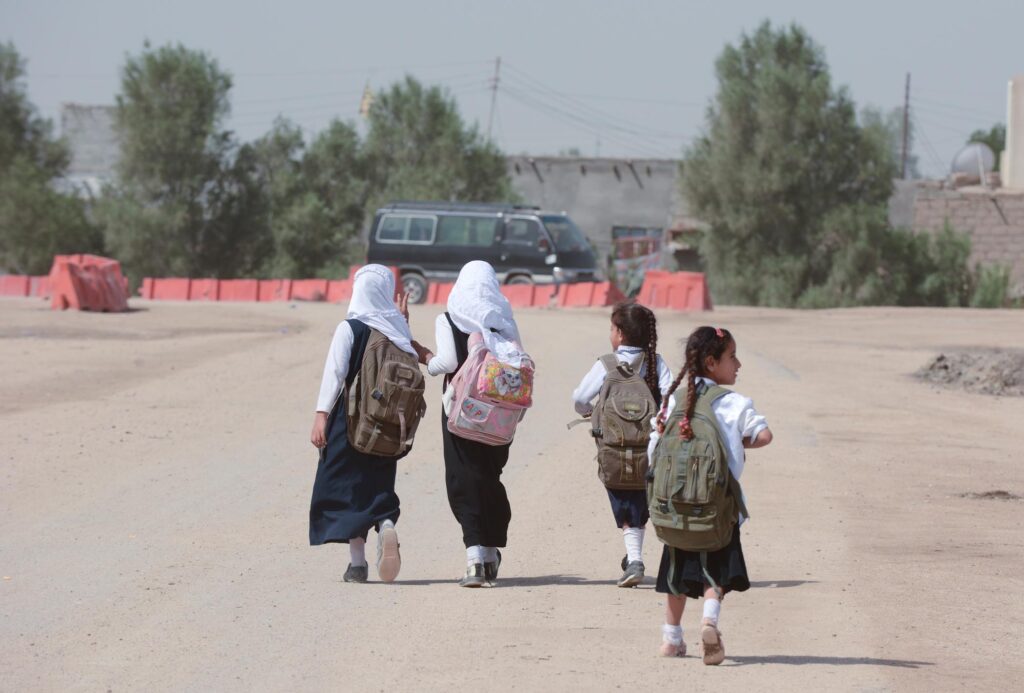
Millions suffer in conflict zones, lacking access to basic medical care and education.
When disaster strikes, people are driven from their homes. They lose loved ones, face violence and torture, experience hunger and thirst. They lose their livelihoods, their houses and their access to basic facilities.
We are careful to include those living outside of camps in all of our response efforts, as these groups are often the most vulnerable and miss out on the large-scale international responses that tend to target camps. AMAR provides these groups with access to clean water, food, sanitation, medical treatment, shelter, blankets and clothing. We are committed to working with these groups on a long-term basis until assistance is no longer required.
OVER 11 MILLION PEOPLE ARE IN NEED OF HUMANITARIAN ASSISTANCE, INCLUDING OVER 3.2 MILLION INTERNALLY DISPLACED PEOPLE
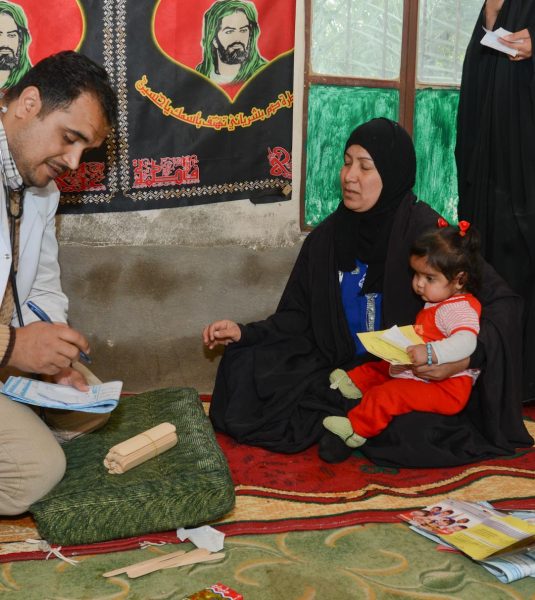
EMERGENCY MEDICAL AID
We deploy primary healthcare teams to treat those wounded in disasters and to ensure those with chronic conditions or other health problems have access to the health services they need.
PROVISION OF EMERGENCY SUPPLIES
We distribute food, clothes and blankets to refugees and IDPs. All items are sourced locally by a procurement task force where possible and transported to strategic local warehouses for delivery.

PROVISION OF EDUCATION
We organise and run regular educational and vocational training for displaced adults and children to ensure that a humanitarian crisis has as little impact on their long-term future as possible.
ACCESS TO SAFE WATER
We ensure communities have access to clean water through purification projects within camps, rehabilitation of pumping stations and treatment plants, and the provision of reverse osmosis units.
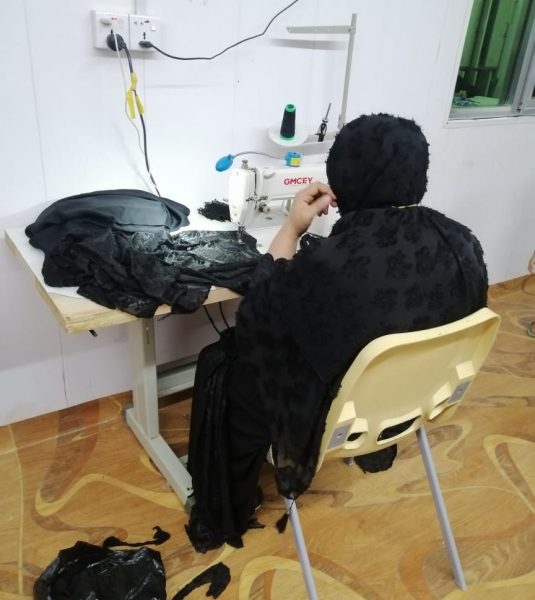
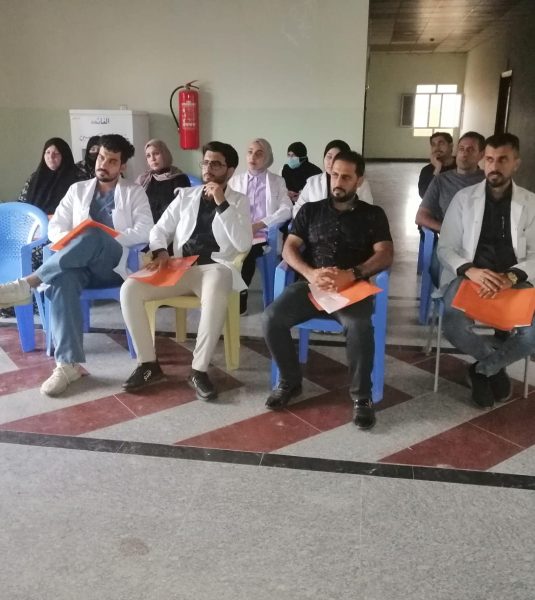
WASTE DISPOSAL SERVICES
We help rebuild waste disposal infrastructure by distributing garbage cans, using specially designed trucks to remove waste, and constructing and refurbishing sewage treatment plants.
REBUILDING INFRASTRUCTURE
When a community’s crisis recovery could take years, we refurbish and construct new healthcare and educational facilities to enable the sustained provision of vital services.
Your chance to make a transformative difference, both abroad and locally.
A passionate community supporting global healing and local empowerment.
JOIN OUR MISSION
Stand with AMAR ICF and let’s turn compassion into action. Your support can rebuild lives, restore dignity, and renew hope.

